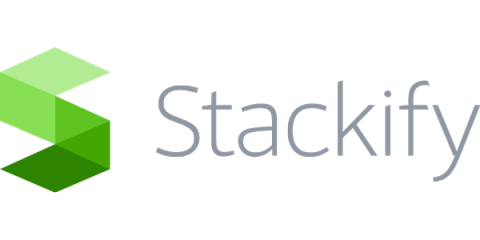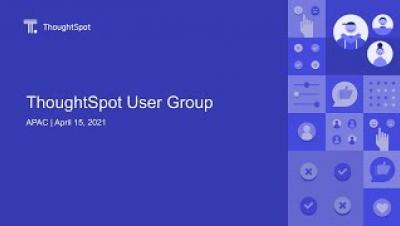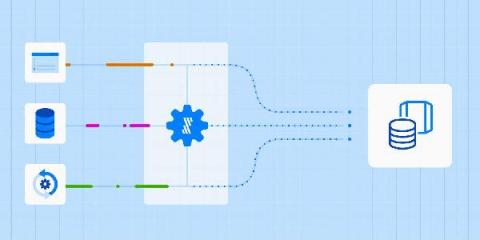How to Optimize JavaScript Performance
JavaScript is a common language in mobile and web app development. Due to its popularity, JavaScript optimization is becoming increasingly necessary for improving application performance. Let’s learn some of the challenges associated with JavaScript and how to optimize js performance.











